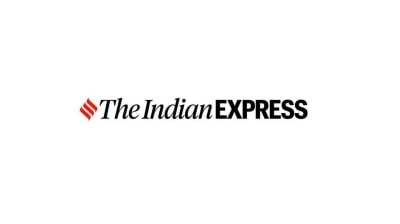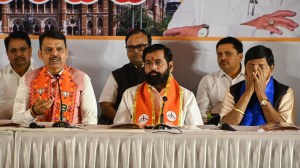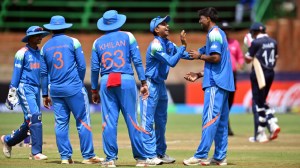Understanding badla
These days it is fashionable to sing panegyric songs about the virtues of futures and options and to decry the badla system, without a prop...

These days it is fashionable to sing panegyric songs about the virtues of futures and options and to decry the badla system, without a proper comprehension of what these instruments are.
Let us, therefore, try to know what these instruments really are. A financial futures contract is an agreement to buy or sell, on any recognised exchange, a standard quantity of a specific instrument or a foreign currency at a future date and at a price agreed to between the two parties.
An option is a contract that confers upon its holder the right, but not the obligation, to buy or sell an underlying instrument at an agreed price during the specific time period. The holder buyer of options has rights but no obligations while the writer seller of options has obligations but no rights. There are two types of options, viz., call option and put option.
A call option is a contract that gives its owner the right to buy the underlying instruments at a pre-determined price known as the strike price and during the a specific time period while a put option is a contract that gives its owner the right to sell the underlying instruments at a pre-determined price i e strike price and during a specific time period.The owner of the option has to pay to the writer of the option the option premium which is determined by market forces.Badla transaction refers to the facility of carrying forward a transaction in a share from one settlement period to another. A person entering into a contract in specified shares in a settlement cycle of seven days has the option of carrying forward his transaction to the next settlement cycle besides the options of giving/taking delivery or offsetting the transaction by an opposite transaction in the same settlement. While a buyer desires to carry forward his purchase position to the next settlement, the system does not prevent the seller from giving delivery as the badla financier takes delivery from the seller in the current settlement and this is done for a consideration called seedha badla8217; payable by the buyer to the seller. In the like manner, if seller wants to carry forward his sale position to the next settlement, the system does not come in the way of the buyer taking delivery of shares as the share financier gives delivery to the buyer in the current settlement which is also generally done for a consideration called the undha badla8217; payable by the seller to the buyer. The system operates automatically without any hitch whatsoever. The debate that is currently going on is that futures and options on the one hand and badla on the other are combative instruments that cannot exist. You have either futures and options and not both together. This is a totally erroneous view. You can have all three instruments together adding to market synergy and being complementary to each other. All of them are designed to enhance market utility by offering hedging facilities inducing liquidity and reducing volatility. Badla offers facilities like stock lending to short sellers and provides funds for buyers desiring to transfer their position to later settlements.Most of the developed markets abroad have a variety of instruments all designed to avert market risk and to increase liquidity in the market. We should also have not only future, options and badla together but also the various other instruments to enhance market utility.The author is former executive director of the Bombay Stock Exchange.
- 01
- 02
- 03
- 04
- 05































